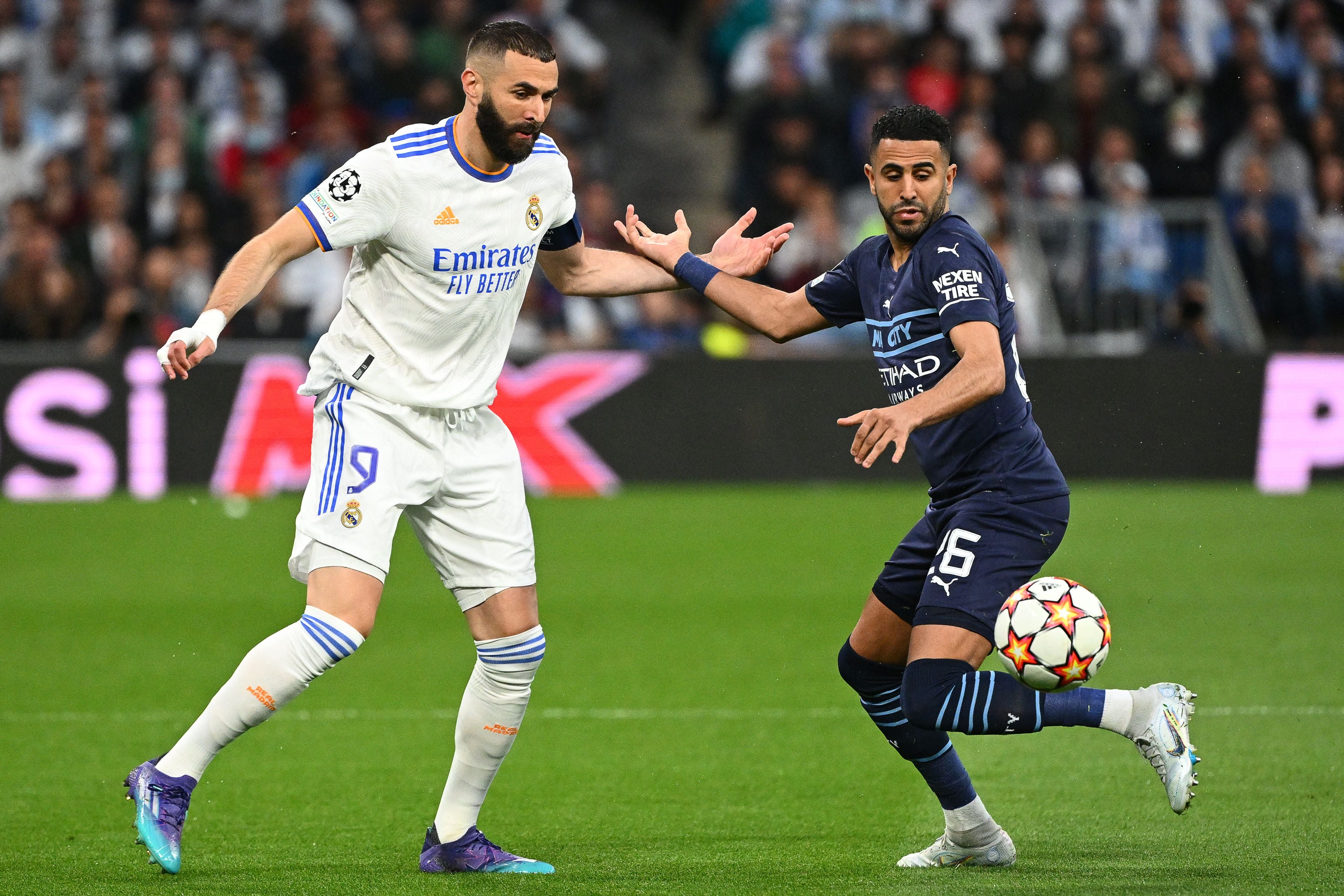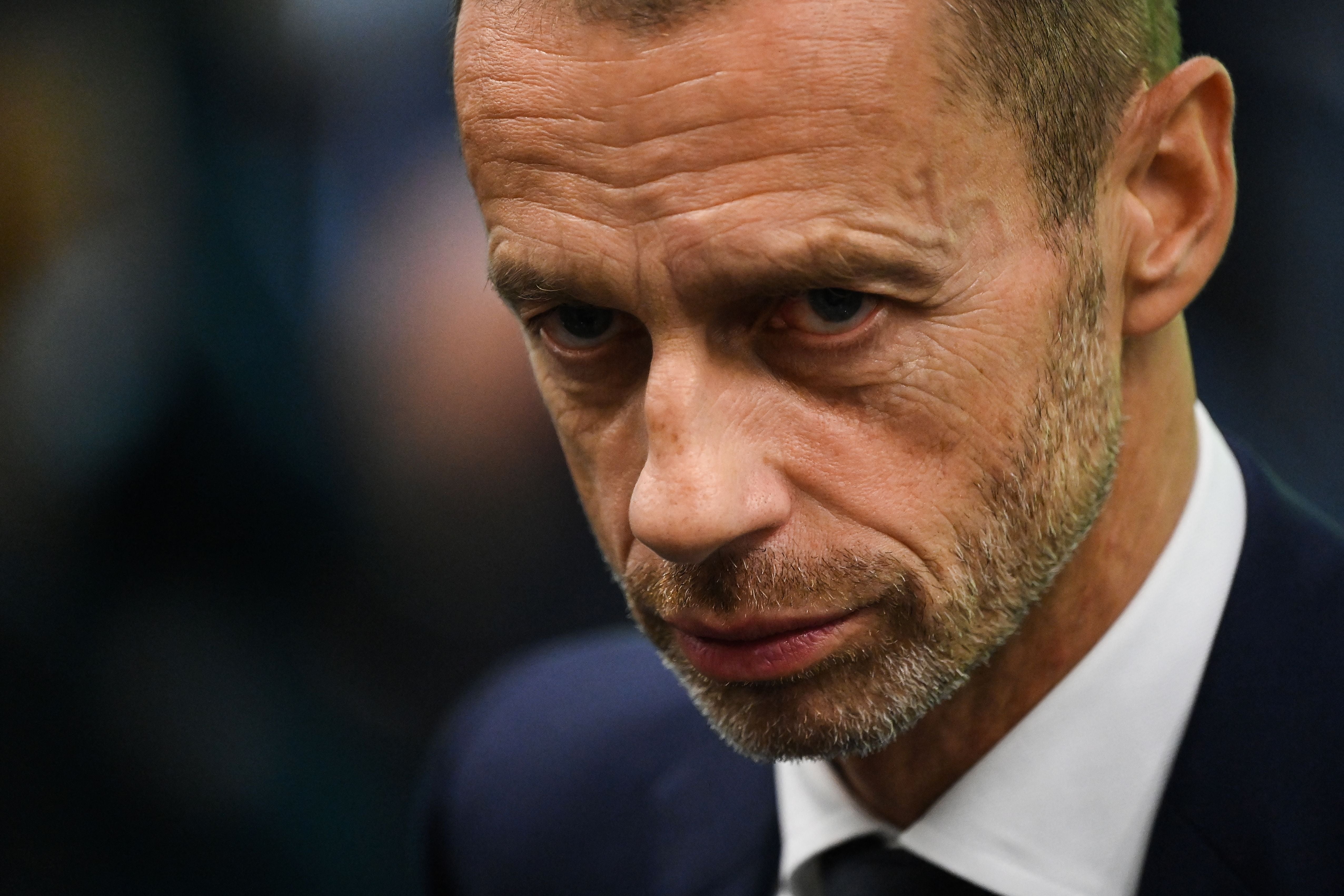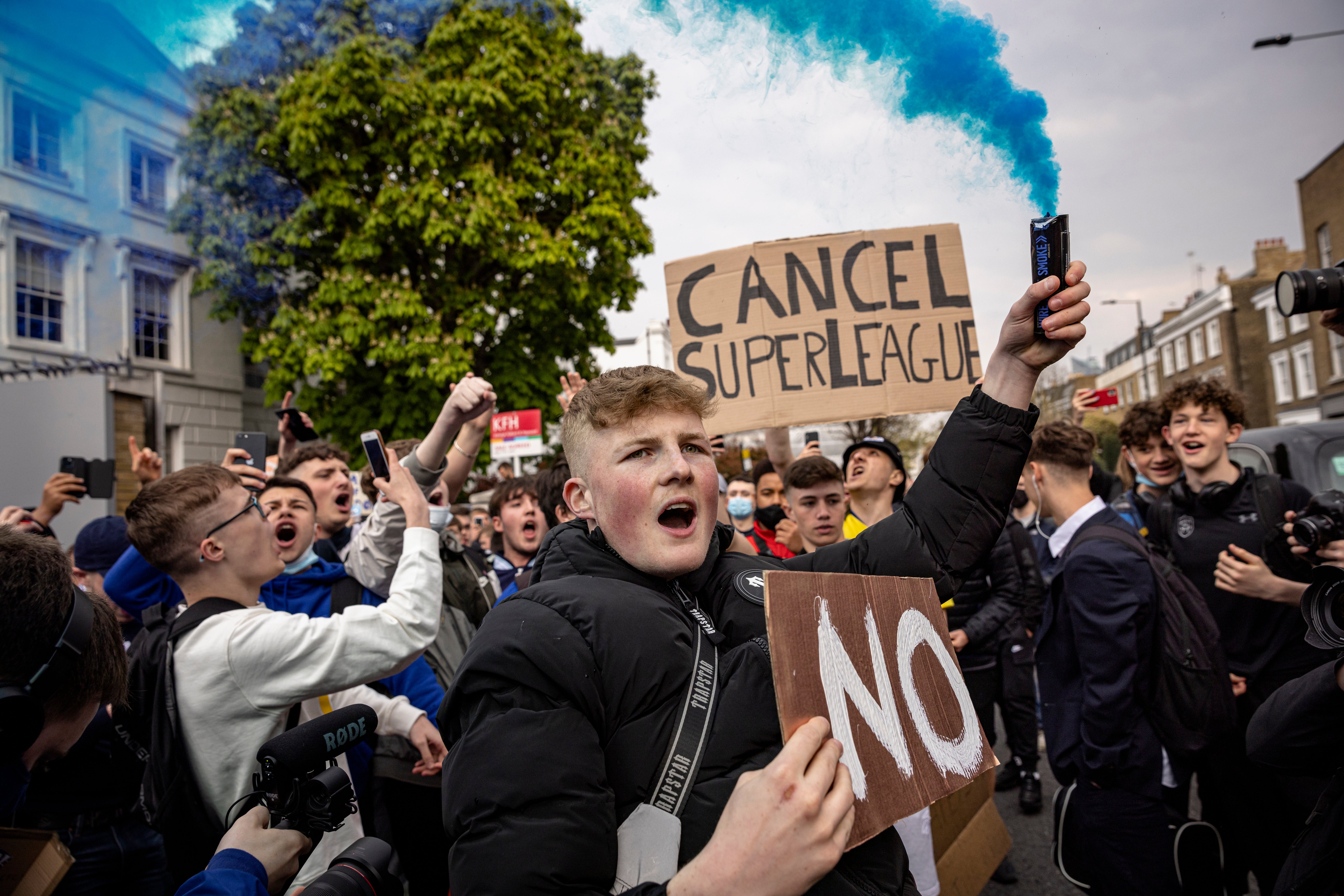
To get a proper sense of just how distorted European football is, you only have to consider the consequences from the final day of last season’s Premier League. It had seemed a straight race between Leicester City and Chelsea for that fourth Champions League spot. It really wasn’t so simple.
Had Leicester managed to qualify, they would have been guaranteed at least €1.5m (£1.28m). Chelsea’s qualification, however, guaranteed them at least €30m.
That difference is so instructive on how football has got to this point, and where it is going. It is all based on the way Uefa’s prize money works, which has a cumulative effect depending on recent performance in Europe. These are the notorious “coefficients”, on which many clubs want to base qualification.
It obviously affords an inherent structural advantage for the big clubs. It also poses a structural question for the whole game.
How is any club supposed to catch up when that is the chasm? How are we ever supposed to return to anything like competitive balance?
These are the discussions weighing over everything, as the Uefa executive committee meet in Vienna on Tuesday.
Those very words may sound like the sort of thing football fans readily discard. These aren’t muddy boots and white lines, to quote Sir Matt Busby.
It’s understandable, but these issues also precisely explain what happens on the pitch, and why so much of European football is becoming so predictable. This is how Bayern Munich win 10 leagues in a row. This is how a small group of clubs become so wealthy that they consider themselves bigger than the rest of the game, and try to form their own European Super League.
The fall-out from that venture influences so much in Vienna, and where football will go next.
It also provokes one of the biggest questions of all: what does Uefa president Aleksander Ceferin actually want from his role, and of the game?
The decisions taken on Tuesday will start to tell us.
Among the primary debates are whether two of the four extra Champions League places from 2024 will go to the mid-tier leagues or the “coefficient places” and whether the group stage will increase from six matchweeks to eight or 10.
It all sounds so dry, but will change the flow of European football.
The coefficient places would in essence mean the big clubs are almost always guaranteed to qualify. More games, meanwhile, influence future prize money, while further eroding the strength of the domestic competitions. They may also play havoc with the calendar. Even with eight group-stage matchweeks, rather than 10, the Premier League will have to have a proper discussion about its size and the future of the League Cup. The schedule is already at bursting point.
Once those decisions are taken, the path will be set for much more controversial and complicated discussion, which is where all that prize money goes. The big clubs naturally want more for the Champions League qualification, and more of the arrangement that governs the current situation.
That agreement came from August 2016, when Bayern Munich’s Karl-Heinz Rummenigge and Juventus’s Andrea Agnelli – at that time on the same side of a divide – pushed for 30 per cent of all Champions League money to go to the 32 qualified clubs based on their performance in the competition over 10 years. That’s why there could be such a difference between Chelsea’s qualification and Leicester’s. It was loading the dice. It was also significant in terms of timing, because that was when there was a power vacuum in Uefa. Michel Platini had just been suspended as president, and it was a month before Ceferin’s election.

The timing now is just as significant. All of this follows last year’s agreement that the Champions League would press ahead with this unpopular new “Swiss system”, where there is just one big group but all fixtures are dependent on seedings.
That decision, notoriously now, came days before the Super League plot was announced.
Despite the failure of that plan, though, and the big clubs wasting the most powerful weapon that they have, it is like little has changed in European football.
There has been no row back, let alone any kind of revolution. It is still the big clubs pushing for what they want, constantly shifting discussions so that the least selfish option looks like it is serviceable to the wider game. Hence six pre-Christmas matchweeks being taken off the table, but eight being presented as a “reduction”. This has been the history of modern football, after all.
It has been a series of subtle changes and decisions so no one notices as the nature of the game gradually changes to something very different.
This points to the danger of what the new Champions League might become. It might just further institutionalise some of the Super League plans. More of the biggest clubs will have more guarantees of qualification, and consequently more money, ensuring they will continue to outgrow their domestic competition.
That’s the inevitable end product of this, which no one can brief away or explain away. It is just not good for the wider game.
The sporting director of one top Premier League club last week described the whole thing to The Independent as “a mess”.

The biggest question is: why hasn’t football taken this rare opportunity to row back?
Some sources point to the “very rushed deal” to get nine of the 12 Super League clubs back into the fold in the immediate aftermath of the plan. There has been a quick rearranging of deckchairs in that regard, with the European Club Association’s new leadership still insisting that two of the new places go to the highest-ranking coefficients. It is conspicuous that, despite constantly indicating that this idea would be taken off the table, Ceferin has not yet done so.
Sources on the Uefa side, meanwhile, insist that this just indicates no decision has yet been taken, and the political process will prevail.
There have even been a lot of murmurs in the build-up to Vienna that Ceferin will indeed ditch the coefficient places, while also increasing the matchdays to just eight, rather than 10.
Much will depend on his vision. This is why so much of this cuts to the question of what Ceferin actually wants; what sort of leader he wants to be.
His supporters insist that he has to navigate so many different forces. He must continue to keep the Champions League fresh in order to preserve its primacy as Fifa seeks to get into the club game, while also sustaining the wider game and keeping the big clubs on side, all while trying to get re-elected. They similarly insist that he is listening to supporters, and deeply understands the concerns of the game’s wider base. The challenge with the big clubs is nevertheless that he needs to get them to think Uefa – and, by extension, the wider game – first, which means certain sops as regards the Champions League.
His critics would point to the fact he has a rare opportunity in the wake of the Super League, but isn’t exactly forging down the path. There is also some concern over the exact meaning of past comments, where he has boasted about Uefa being the biggest sports organisation in the world by revenues and audience size. That’s bigger than NFL, NBA, the IOC, the Premier League and – most importantly of all – Fifa. Supporters would say that’s just about the health of European football, but critics have a growing belief he wants the glamour and prestige of the role without the aggravation. Hence, in relation to the UK, he thanked Boris Johnson and Oliver Dowden after the Super League but not the Premier League’s Richard Masters or the FA’s Mark Bullingham.
Either way, the game has been offered a few visions of the future over the last few months. One is the danger that the new “Swiss” group system just brings yet more fixtures that just serve as “content” but have no real consequence, further diluting the meaning and value of it all.
This is a genuine worry.
By contrast, the last few weeks of the Champions League have again emphasised the invigorating and everlasting energy of true jeopardy.

It all depends on what Ceferin’s vision is.
There is certainly an opening now for a visionary leader in football. The gap is there. The potential is there.
“A figure who understands that competitiveness and heritage are the major drivers of interest in football,” one connected source says. “And one who can figure out how to help the game thrive at the top while creating the conditions for clubs to come through the ranks, then get that money down into grassroots initiatives and pressure governments.”
Tuesday will start to tell us exactly what kind of leader Ceferin is.
He showed both sides in the Super League crisis. There was the strength of his initial response, but the superficiality of everything that has happened since.
The game now has to pick a path again. Things can get worse or maybe, just for once, they can start to get a little better.







